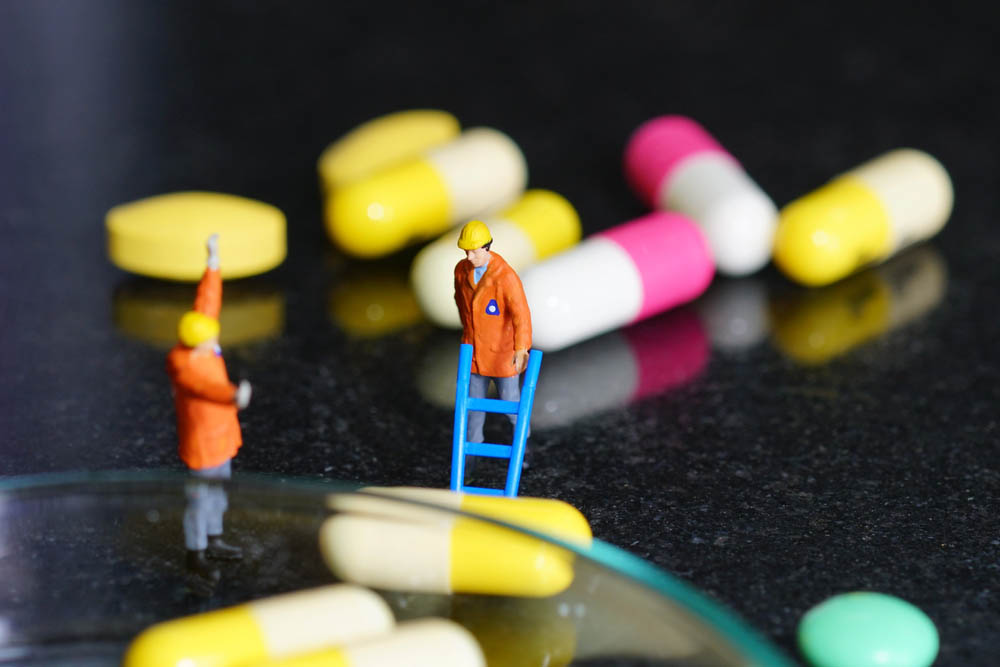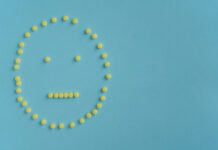In a new study, researchers question the long-term use of antidepressants, given that clinical trials of the drugs typically last eight weeks.
“Substantial discordance exists between the typical 8-week duration of clinical trials and the median 5-year real-world use of antidepressants,” they write.
According to the researchers, this is especially problematic because those trials also fail in other ways, including using nonstandard measures, unblinding, and not assessing withdrawal and adverse effects.
“This gap, compounded by inadequate monitoring for withdrawal effects and post-treatment outcomes, raises important questions about the evidence supporting current long-term prescribing practices,” they write.
The study was conducted by William Ward at Ottumwa Regional Health Center, Iowa, and Alyson Haslam and Vinay Prasad at the University of California, San Francisco. It was posted as a preprint (before peer review) on the website medRxiv.
















Why do we take antidepressants for years?
A) Your decorated drug pusher tells you they’re safe
B) Direct-to-consumer advertising
C) You’ve become physically dependent on the
crap
Most likely all three.
Report comment
Don’t forget about those “life long, incurable, genetic mental illness” lies that the psych – professions spew.
And the fact that the psych professions don’t even know how to safely wean people off their neurotoxins, so even finding a psych professional to agree to wean you off, is hard.
Report comment
How could I have forgotten the DSM!
Report comment
“What Would Happen if Pharma Made Beer”, Dr Josef video short
Report comment
In a word: Spellbinding
Report comment
So, there was a common thread which I seemed to find, from analgesics, pain relievers, fever reducers; and antidepressants, bipolar meds, antipsychotics.
If I have a headache and I take a pill to relieve the pain, and the pain is reduced or eliminated: was it because of the pill? Should I keep taking pills? How long to keep taking them? Pain is so subjective. How to attribute effects to the drug itself?
Likewise, they told me to take this antidepressant and perhaps I would become less depressed. But when to stop taking antidepressants? For some “patients”, they had a bad day: a car accident or someone passed away, and they take Zoloft for 2 years and then they quit because they actually recovered. But they never promised me a cure or titration.
They are more likely to explicitly hand down a “Life Sentence” of “you’ll be taking pills and medications the rest of your life [we hope]”. And so there is no exit strategy and there’s also no attributing improvement to the drugs. If mood improves, then a diagnostic can find another disorder to “treat” with a drug.
If mood doesn’t improve, then perhaps drug failed, and “Step Therapy” can play Russian Roulette with dozens of drugs in the formulary under the same class or labeling, and you can “Add Abilify” and multiply side effects even as the drugs fail in unattributable ways.
Or the drug could have an opposite effect, a magnification effect, make the patient feel worse and emphasize her disorder, and she wears her heart on her sleeve for all to see her ancestral sin. This drug is for bipolar people and it causes extreme thirst. It also induces urination like a diuretic. So I’m thirsty, I’m in a desert, I’m taking a medication in good faith from a licensed HCP, and we’re not sure whether I’m dehydrated, or it’s the drug, or I’ve got cotton-mouth. Let’s add another drug that gradually damages the kidneys?
Doctors and prescribers often told me right in the office “this medication has NO side effects.[that we’ve heard of]” because it’s brand new and they didn’t offer to show me no disclosure or Drug Facts Label. “This Drug Has No Side Effects” is what the Angel Dust dealer tells you in a dark alley as you hand her $2,000 in small bills. Angel Dust was known to us in the 1980s as “P.C.P.”, a scientific chemical abbreviation.
Anyway, yeah. I joined a few clinical trials for medications. I didn’t mind them testing on me. They were established drugs going through secondary testing. They gave me free office vists, and sometimes, the lead psychiatrist cut me a personal check. I expected to be compensated. Eventually I noticed that compensation wasn’t official… oh dear! Nevertheless, they had a nice facility. Soft sofas and beautiful art. Interior decoration was tasteful. They told me after I had an “episode” that I was disqualified from that trial. I wonder if they erased my data. It definitely was never a placebo!
Report comment
Prescribing pills creates permanent patients.
Report comment